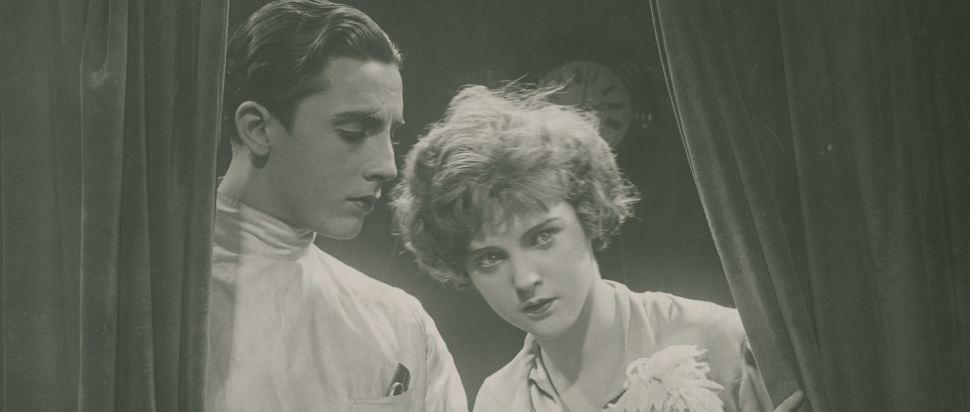Hippodrome Silent Film Festival reveal 2023 programme
The Hippodrome Silent Film Festival is back with gems from the silent era being resurrected and paired with live musicians. With fantasy films, spiky satires, slapstick and heartbreaking dramas on offer, there's something for every taste
HippFest (aka The Hippodrome Silent Film Festival), Scotland’s festival dedicated to silent film, is back for its 13th edition with a packed lineup combining silent films with live music. Running from 22 to 26 March, the festival will, as ever, take place at the unique Hippodrome in Bo’ness, Scotland’s oldest purpose-built cinema.
Festivities kick off on Wednesday 22 March with Maurice Tourneur’s fantasy The Blue Bird (1918), which follows two poor children who are taught a valuable lesson by a fairy who pays them a visit on Christmas Eve. The live score comes from Sonic Bothy, an inclusive ensemble from Glasgow that brings together musicians of all abilities to explore, compose and perform experimental and contemporary music.
The festival comes to a close on 26 March with a masterpiece of late British silent cinema: Anthony Asquith’s Shooting Stars. A spiky satire of the British film industry, this 1928 film was initially credited to veteran filmmaker A.V. Bramble, but it’s subsequently agreed to be the debut of the precocious Asquith. The multi-talented Stephen Horne will provide the closing live accompaniment – playing piano, flute, and accordion.
Another highlight is In Spring (1929), a city-symphony-style avant-garde love letter to Kyiv, which will act as a screening of solidarity to the people of Ukraine. The director is Mikhail Kaufman, the brother to the great Dziga Vertov (Man with a Movie Camera), and music comes from Ukrainian musicians Roksana Smirnova and Misha Kalinin, who come to Bo’ness with a new score for the film. In Spring screens on Saturday 25 March.
There’s also plenty of comedy on offer too. One surprise source is the Danish filmmaker Carl Theodor Dreyer. Best known now for his austere masterpieces like The Passion of Joan of Arc and Ordet, this great filmmaker was also a dab hand at comedy, as evident in Master of the House (1925), a battle-of-the-sexes film about a tyrannical and demanding husband who’s left to fend for himself when his wife walks out on him.
There’s more Scandi comedy in the form of the energetic Swedish lark His Majesty the Barber (1928). You can get a double dose of slapstick with a double bill of Laurel and Hardy comedies – Angora Love (1929) and Bacon Grabbers (1929), with Meg Morley (piano) and Frank Bockius (percussion) performing live. And this year’s Jeely Jar screening – the annual event where you can gain free entry by bringing a glass jar or bottle – are two early films from the great Leo McCarey: Dog Shy (1926) and Mighty Like a Moose (1926).
Elsewhere there’s the fascinating-looking conversation “The Only Woman Animator”, which will celebrate Bessie Mae Kelley, who was an animator in the 1920s alongside the likes of Max Fleischer and Paul Terry, but her pioneering work has not been properly recognised over the ensuing decades. There’s also talk “All Faces are Masks”: Visible Difference in Silent Cinema, which explores the origins of scars, burns and marks being used as shorthand for villainy in Hollywood movies. One such example being screened by HippFest is The Man who Laughs (1928), which stars Conrad Veidt as a man whose lips are carved into a hideous grin, which would go on to inspire the look of Batman’s nemesis The Joker.
This is just a handful of the highlights from this year's HippFest line-up; to check out the full programme, visit hippodromecinema.co.uk/silent-film-festival
